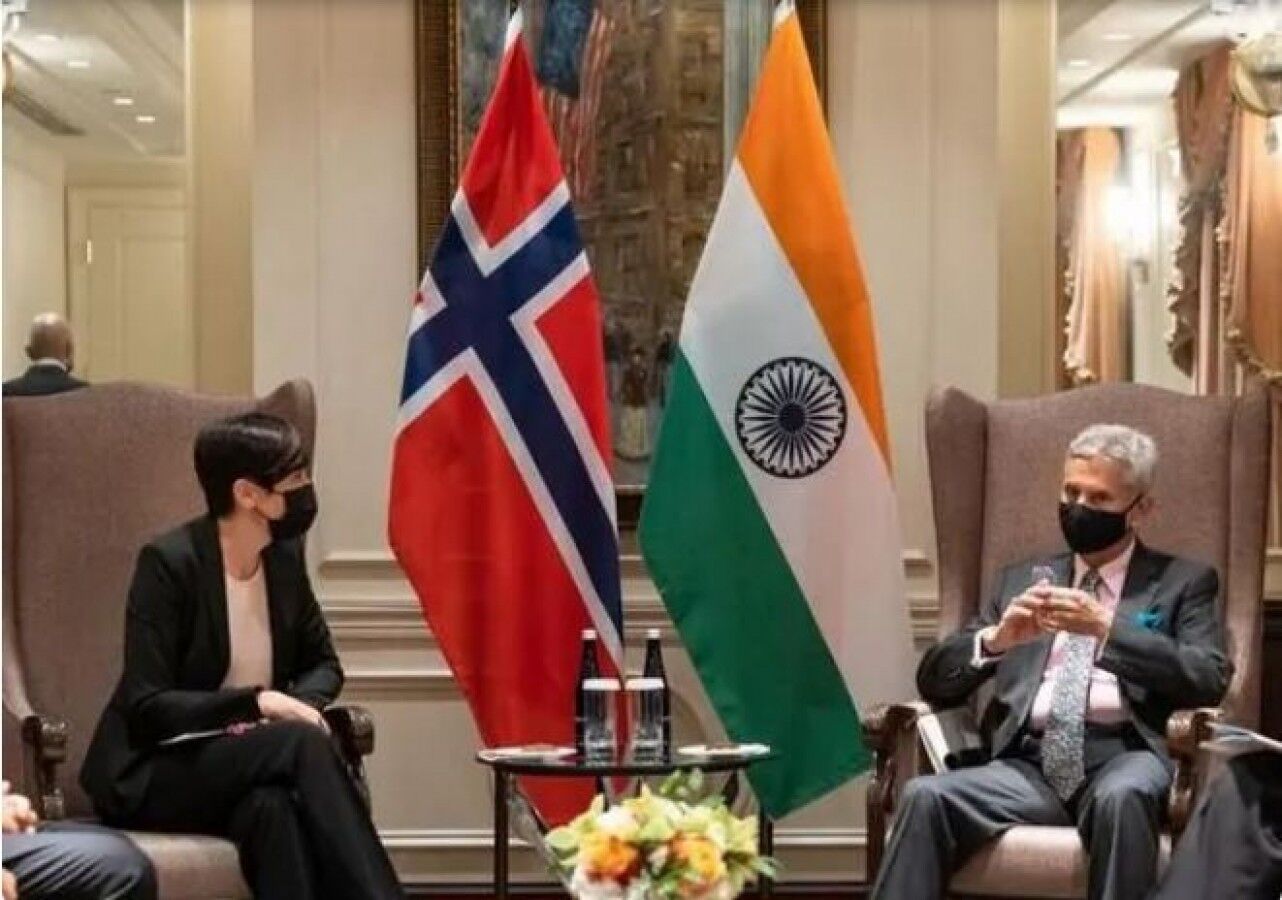Interest over empathy!

India abstained from naming Russia during the maiden India-UK Strategic Forums meeting. India's Foreign Minister sent out a rather bold and firm message to the West that India is in no mood to yield to the 'campaign' of the Western nations to prevent India from buying Russian oil. The meeting between Indian Foreign Minister S Jaishankar and British Foreign Secretary Elizabeth Truss took place in the backdrop of Russia offering its flagship Urals grade oil at a discount of USD 35 per barrel on the pre-war prices. Additionally, Russia has also offered to trade oil in rupee-ruble exchange through the SPFS system — a Russian domestic alternative to the vast Brussels-based SWIFT messaging system. The Russian offer of oil at discounted price is a timely opportunity for India — either emerging as an organic outcome of the Russia-Ukraine war or a deliberate attempt by Putin to weaken the onslaught of the West against it. India, like many other nations, is struggling to rebuild its economy in the aftermath of the pandemic, and is facing the challenge of rising inflation on account of soaring international oil prices. Going by practical reasons and in sync with India's national interest, it appears conducive for India to go for Urals import. If Kissinger's America could have "no permanent friends or enemies, only interests" then why can't India follow the same trail? India's Foreign Minister rightly pointed out that Europe itself has been a major importer of Russian oil, and that it had imported 15 per cent of the total oil exports from Russia in March — after the Russia-Ukraine war broke out. Apart from helping in bolstering India's march toward post-pandemic economic recovery, cheap Russian oil imports will also help the country build a strategic reserve of oil. India should, however, tread cautiously on the second offer from Russia — that of trading oil in rupee-ruble transactions through the SPFS system. Bloomberg reported the Russian offer to be "a way to deliberately short-circuit SWIFT, the messaging system used by banks to move money across borders" — which can be a direct challenge to the West, particularly the US. It may be recollected that the West had decided to cut off some of Russia's banks recently from the SWIFT — adversely affecting its global trade and transactions. Russia's SPFS system is still in its infancy when compared to the much wider SWIFT system. Joining SPFS won't yield much benefit to India because the system has a rather superficial and short-range engagement. On the flip side, it will very likely attract the ire of the United States. Until now, India's actions are very much in sync with its national interest — which is the most prominent defining element of a country's foreign policy. However, to what extent the consideration of national interest can compromise with values and beliefs is a debatable matter. Foreign Minister's conviction that "many of us (countries) have similar or shared beliefs, values, but there is ability to relate, the ability to identify… the intensity of the reaction may not be the same all over the world" raises some questions. Should India's geographical distance from Ukraine limit its empathy towards the people of Ukraine? Empathy and values defy geographical distance and boundaries. There could be a limitation on what actions a nation can make out of empathy but not on the intensity of the same. Jaishankar's statement is, at best, an excuse or a forced justification for being soft on the aggressor Russia. Exercising constraints under the limitations imposed by national interest is one thing and being influenced by the might of a foreign nation is another thing. As has been said time and again, India must walk the tightrope under the present circumstances. It should freely express its empathy towards the Ukrainian people and do the best it can in its capacity to promote democratic values and the principle of uncompromised sovereignty. India's actions should indeed be guided by its national interest but that should not force the country to turn a blind eye towards what is happening around the world. India should also remember that Russia as much needs to export its globally-neglected oil as India needs to import the same.



